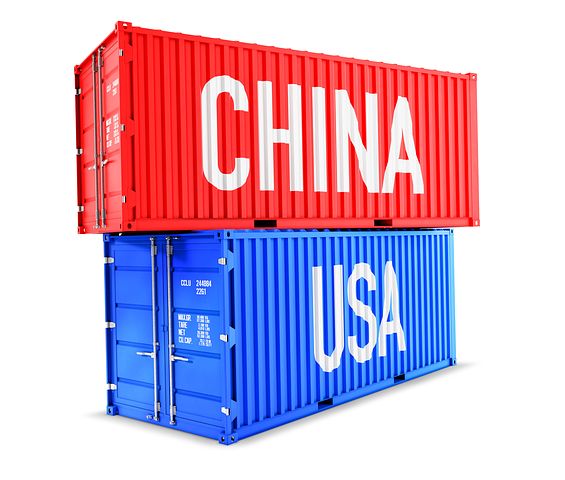 Some individuals have the power to move markets, usually by their investment strategies or, less commonly, by stating their opinion. Investors hang on the words of central bankers for clues as to how monetary policy will develop, moving markets and major currencies. To this band of influencers, we now must clearly add the President of the United States.
Some individuals have the power to move markets, usually by their investment strategies or, less commonly, by stating their opinion. Investors hang on the words of central bankers for clues as to how monetary policy will develop, moving markets and major currencies. To this band of influencers, we now must clearly add the President of the United States.
President Trump is attending a two-day NATO leaders’ summit which is taking place in the UK at the moment. However, his remarks relating to a (fortunately) less bloody conflict are what caused a stir. Trump said that he had “no deadline” for ending his trade war with China. There had been hope that a new round of tariffs planned for the middle of this month might be averted by an interim agreement, but they appear to have been dashed by the president’s remarks. Trump implied that the dispute may continue throughout the coming year, noting that he found the idea of “waiting until after the (US) election” appealing, adding: "We'll see whether or not there's a deal. It's got to be right."
The comments were enough to send markets lower with the Dow seeing its worst losses for several weeks in the wake of his remarks, falling by about 1%.
The Trump administration is trying to use tariffs to persuade China to change policy on what the US regards as its unfair trade practices (China has been accused of currency manipulation, dumping and infringement of intellectual property rights). The application of tariffs to Chinese goods makes them more expensive in the domestic American market (so if Americans want them, they pay more – unless Chinese producers cut their profit margins to maintain a price advantage). The policy is seen as “protectionist” because it favours domestically produced goods over (in this case) Chinese products. The downside, of course, is that China retaliates by placing its own tariffs on American goods.
More widely, the trade war is seen as a factor increasing the drag on global expansion.
